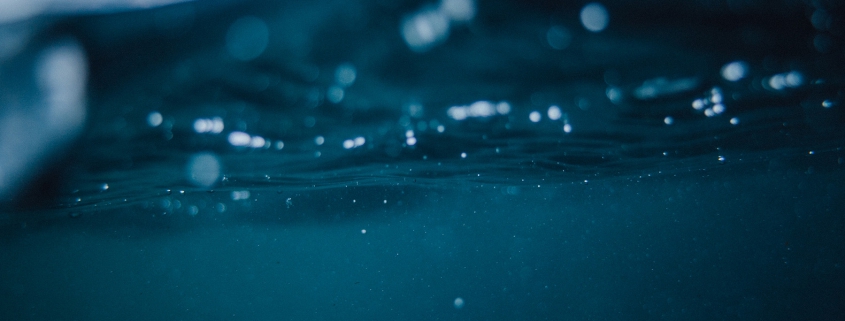Malgana People Add Their Voice to Science Priorities For Shark Bay
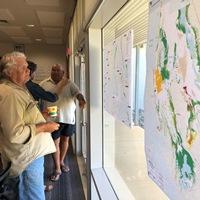
Generations of Malgana people from Gatharragudu (Shark Bay) have come together to start the process of understanding the decades of research that has been carried out in the World Heritage site and to develop priorities for the future.
Supported by the Western Australian Marine Science Institution (WAMSI) partnership, the historic meeting between Malgana Elders, the Malgana Land and Sea Management Reference Group, Malgana rangers from both the Department of Biodiversity Conservation and Attractions, and the Malgana Land and Sea Management Program, has brought together western science and Aboriginal knowledge to contribute to a science plan.
“We’re working to ensure that Malgana voices are included in the science plan for the area,” WAMSI Research Director Dr Jenny Shaw said. “This has been an important step in returning a large body of research back to Country so the Traditional Owners can make an informed assessment about their priorities for science.”
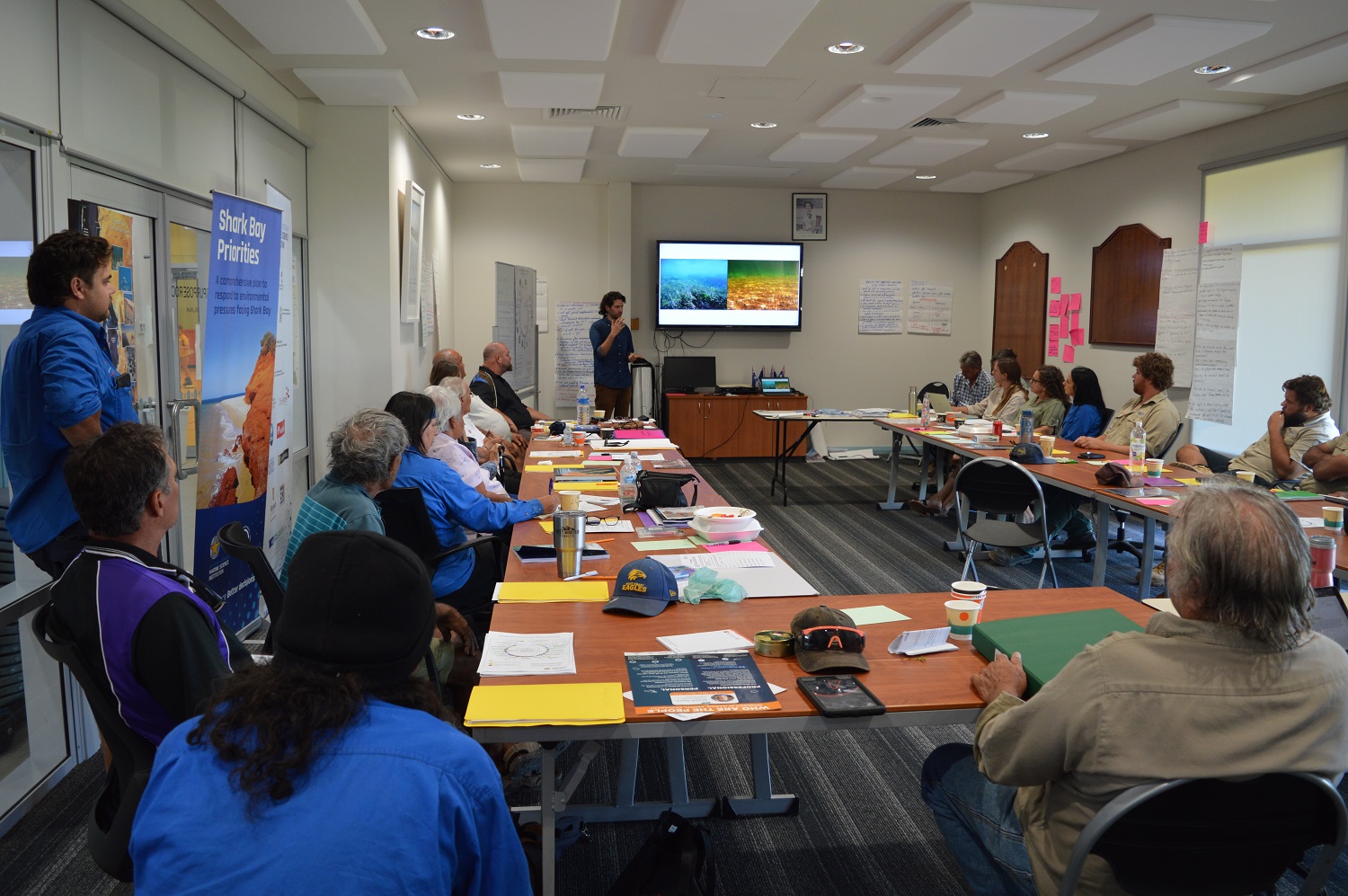 |
| Above: UWA seagrass scientist Matt Fraser talks about some of the research on Gatharragudu (Shark Bay) |
Scientists have been raising concerns about the need to monitor and understand changes in Shark Bay since a marine heatwave in 2011 wiped out 900 square kilometres of seagrass – 36% of the total coverage. This in turn has had an impact on the whole ecosystem.
A 2018 workshop convened by the Shark Bay World Heritage Advisory Committee classified the area as being in the highest category of vulnerability to future climate change.
The Federal Court of Australia formally recognised the Malgana people as native title holders in December 2018.
The Malgana Aboriginal Corporation (MAC) acknowledged that a combination of western science and traditional ecological knowledge is important to help manage any future changes.
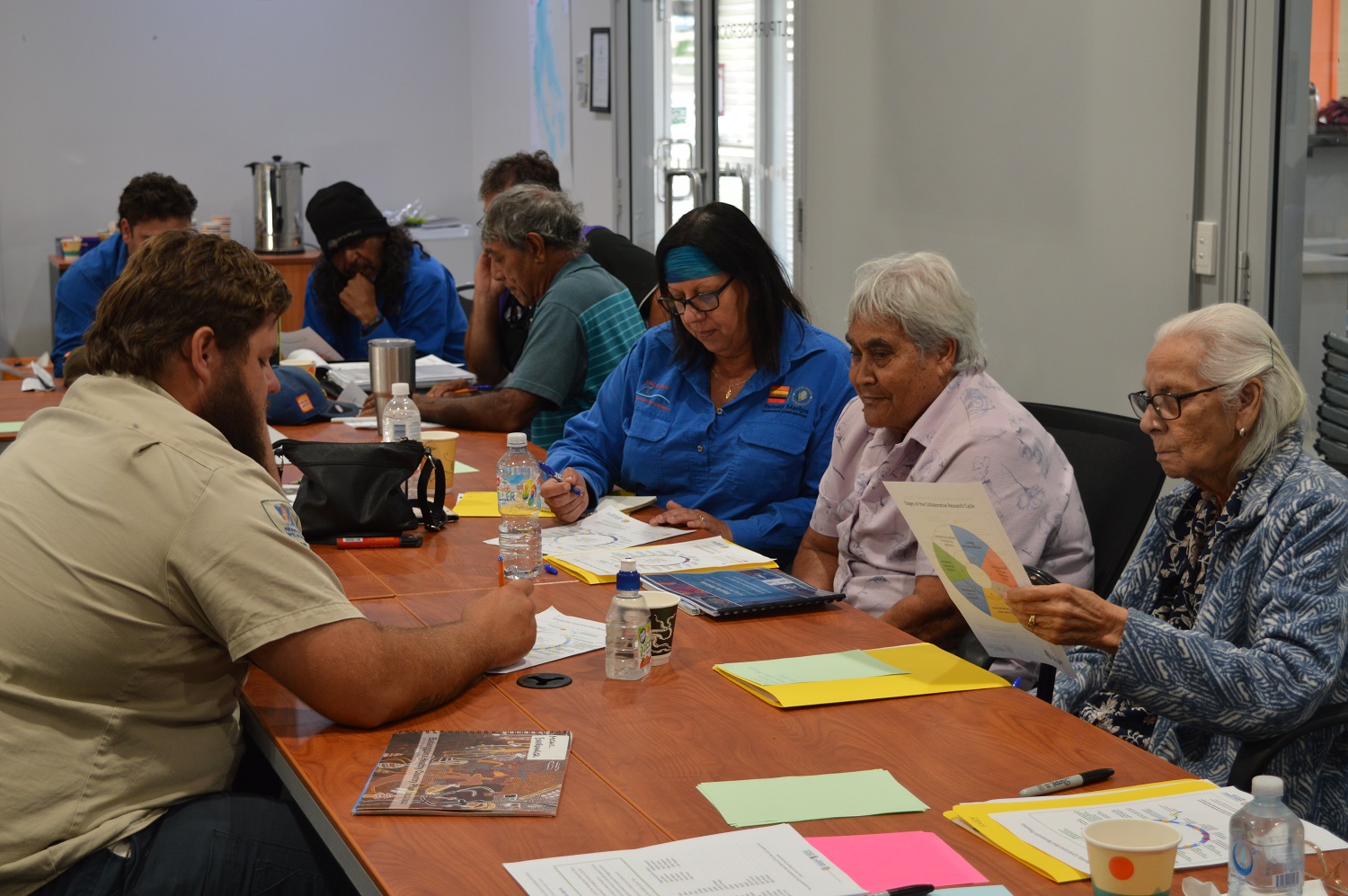 |
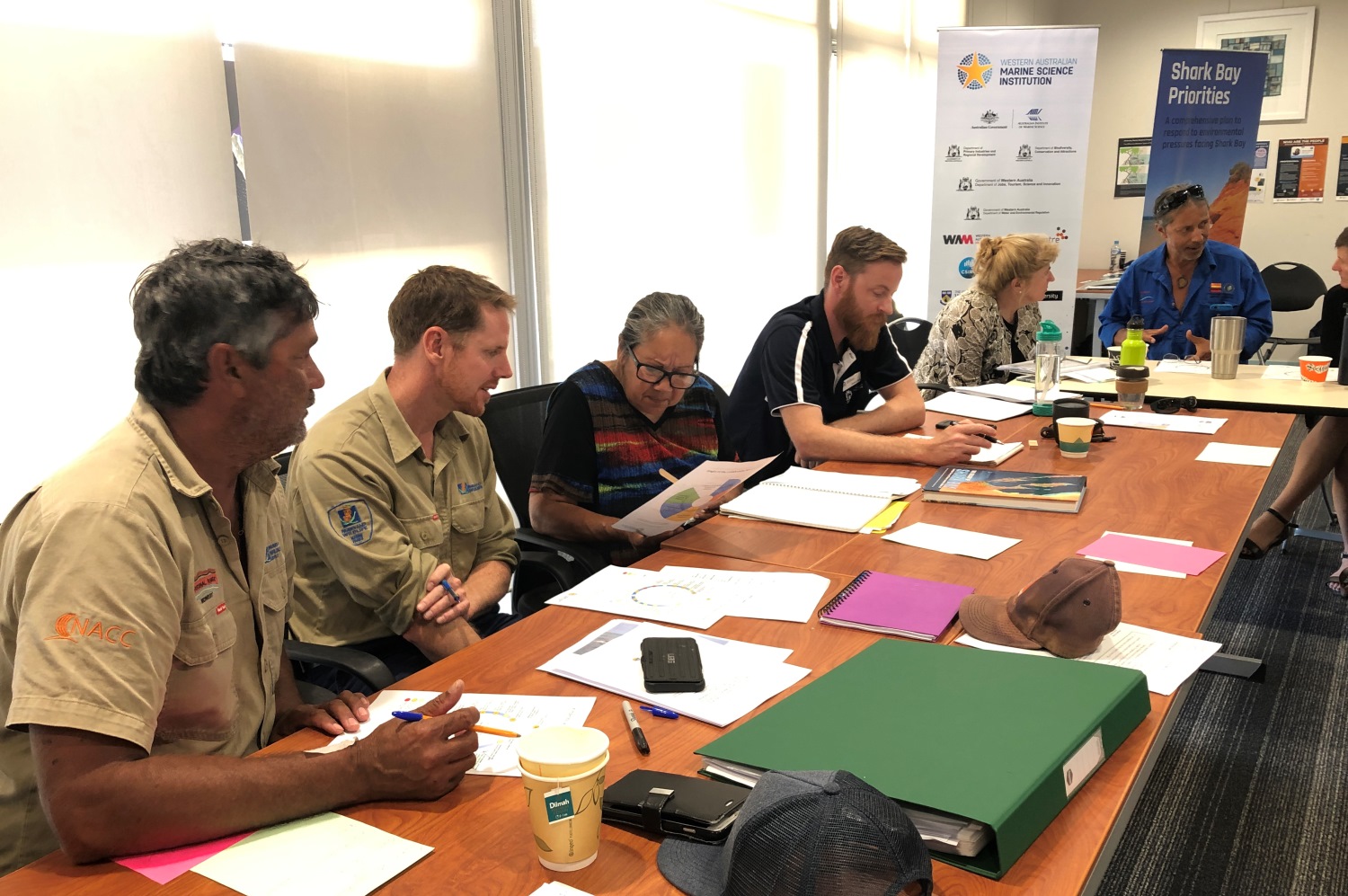 |
| Above: Malgana DBCA ranger Cody Oakley with Land and Sea Management Program ranger Pat Oakley and Malgana Elders Gloria Boddington and Ada Fosser | Above: (L-R) Malgana DBCA Ranger Klaas Liezenga, DBCA Marine Park Coordinator Luke Skinner, Malgana Land and Sea Management Reference Group member Maxine Hansen, DPIRD research scientist Alastair Harry, WAMSI Research Director Dr Jenny Shaw, Malgana Land and Sea Management Reference Group member Nick Pedrocchi and DBCA Principal Research Scientist Dr Kelly Waples. |
Guidelines developed through WAMSI’s Kimberley Indigenous Saltwater Science Project were also presented at the workshop to support the MAC in developing processes and protocols for scientists working on Country.
“This workshop has been a rewarding experience for us as researchers making the cultural shift toward right-way science with Traditional Owners on Malgana Country,” Dr Shaw said. “This is such a unique part of the world, it needs our coordinated and collaborative efforts in order to manage it for future generations.”
The WAMSI Shark Bay Science Plan will be released in 2020.
 |
| Above: (Back L-R) Malgana Elders Tom Poland and Johnny Oxenham, DBCA Rangers Klaas Liezenga, Kieran Cross and Cody Oakley with (Front L-R) Malgana Elders, Gloria Boddington, Ada Fosser and Kathy Oakley |
Wannga Barraja Wirriya Malgana Ngurra Gatharragudu Gantharri Yajella (Talking about land and sea on our Malgana home, Two Waters, with our Elders and friends)

